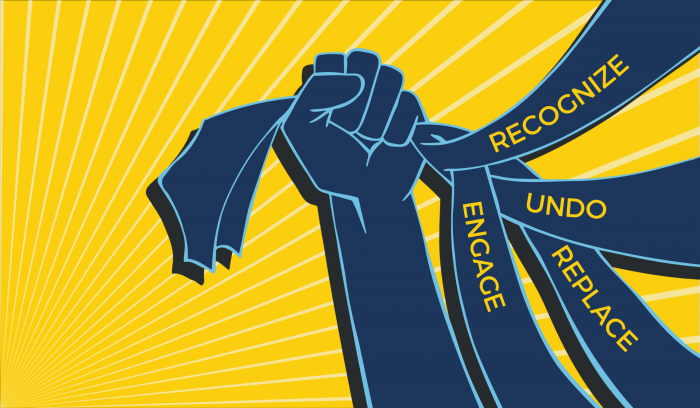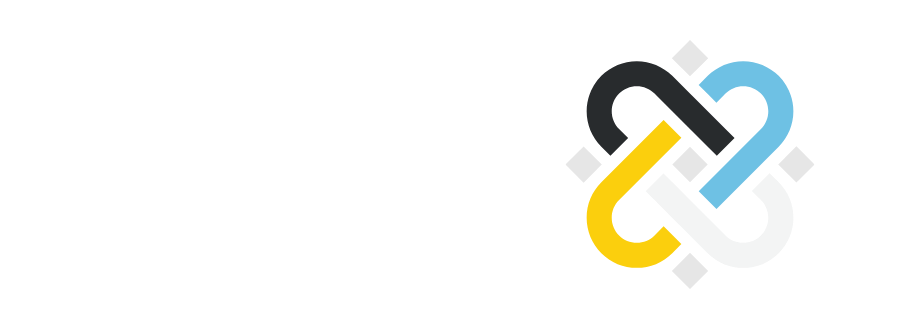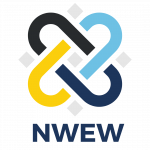The Convening 2026
Care as Resistance
Hosted by TAF's Network for EdWork
Date: March 21, 2026
Location: Highline College
Who Should Attend the Convening?
The Convening has programming specifically designed for BIPOC educators in schools and educational nonprofits.
The Convening has programming specifically designed for advanced BIPOC education leaders in schools, districts, educational nonprofits, and higher education institutions.
The Convening has programming specifically designed for white leaders in traditional school, district, and university structures on their journey to redefine how they can create and sustain more inclusive environments.

About Network for EdWork (NWEW):
The Network for EdWork develops collaborative partnerships with and among districts, schools, higher education, nonprofits, and government to close gaps in recruitment, encourage retention, develop internal and external competencies, and foster the promotion of BIPOC educators and education leaders to become more representative of their student populations. Supporting and connecting BIPOC educators and leaders is essential to creating education spaces where students of color thrive.
Join fellow educators and leaders in sharing, building, and re-energizing each other in our collective journey toward liberation in education.
The Network for EdWork's Convening is a BIPOC centered space, which aims to support BIPOC educators and all education leaders in imagining, healing, and building for liberation. This one-day gathering is dedicated to providing the tools and community to thrive, connect, develop partnerships, and advocate for change.
Our Framework: Liberation Pedagogy

Liberation Pedagogy is an approach to teaching, leading, and facilitating that asks all participants to use self-reflection and vulnerability to recognize word in a paragraph.and intentionally unlearn and undo white supremacist cultural norms. These norms subtly invade our behaviors (verbal, body language, and psychological state) but can have cumulative and colossal impact in upholding White supremacist culture.
Liberation Pedagogy also offers tools to replace those behaviors with more inclusive ones that are culturally affirming and sustaining for all. This is the ideal we constantly work towards and it is challenging work, particularly when alone or in isolation. But when we continually reflect and engage with decolonizing pedagogies and act in community with others, we create collective stamina and energy. Plainly speaking, being liberated is consistently and actively confronting our complicity in maintaining white supremacy.
How We Do The Work

Headwork
Disruption & Dismantling Oppression
We know that continual knowledge building is important, and, that as people of color, the Network for EdWork’s (NWEW) community of participants need and bring transformative knowledge and skill development in order to sustain their work and remain in education.

Heartwork
Identity Work & Self-Care
The key to retaining educators and leaders of color is helping them navigate the challenges and celebrate success along the way. The Convening will prioritize healing and the undoing of internalized and environmental oppression by regularly incorporating heartwork—care, flexibility, and celebration—into programming.

Headwork
Liberatory Education & Practices
Connecting and communing for sharing, encouragement, support, informal mentorship, and networking is foundational to most cultures. Establishing and cultivating community is essential to the success of our programming and increasing the diversity of the educator workforce in Washington.
Get our newsletter.
Interested in learning more about what Network For EdWork has to offer?
Stay up-to-date on the latest by signing up.
March 21, 2026
Highline College 2400 S 240th St, Des Moines, WA 98198
Need more information? Contact us at NWEW@techaccess.org
Let's Take Care of Our Community!
Following Washington State COVID-19 protocols, mask-wearing indoors is optional.
Follow us on Social Media


